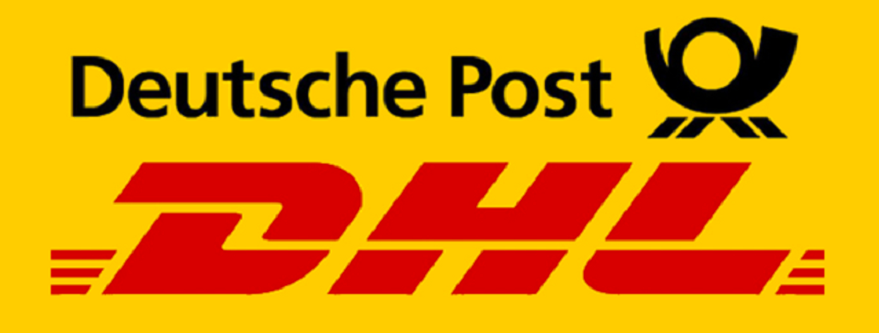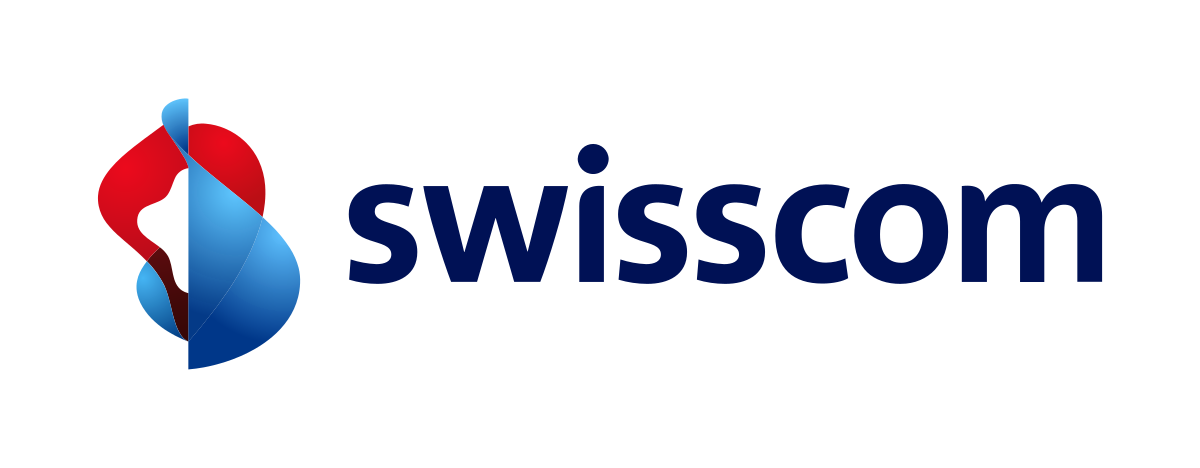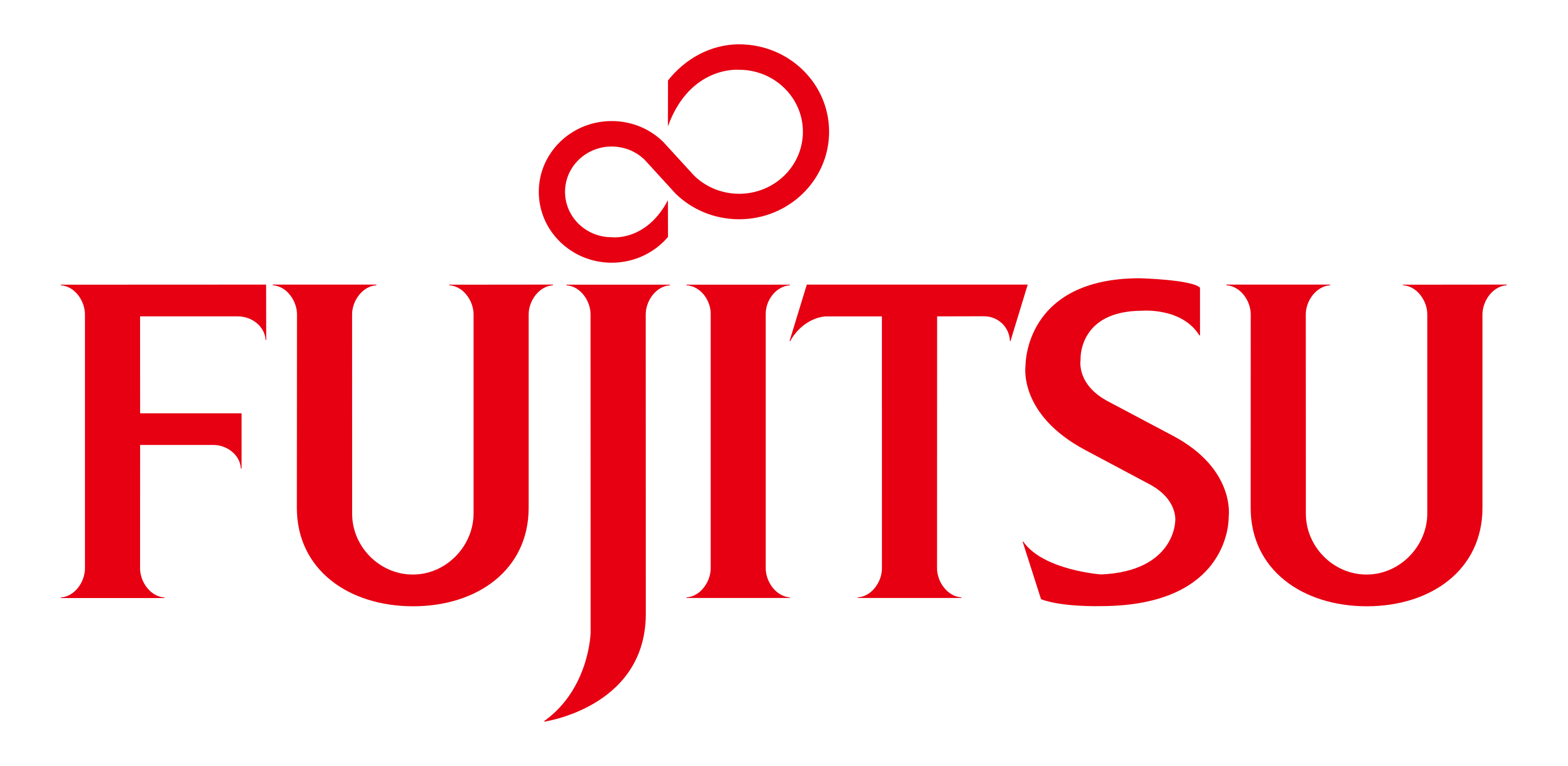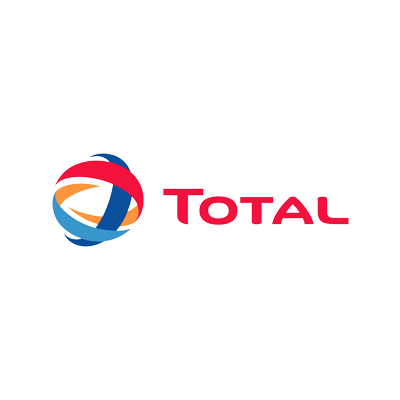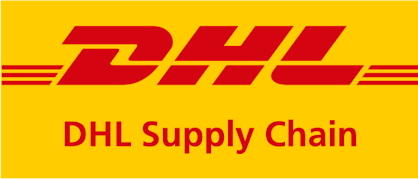As we mentioned in the previous article, working in Scrum works well not only in IT teams but also in other departments, such as our HR&Office team. After several dozen completed Sprints, we can safely say that we derive many benefits from the use of this methodology. The axis of our work are Scrum Events which organize our work and work for us.
Sprint Planning
Work in Scrum is divided into stages that allow the team to plan tasks and deliver a finished product on time. The first one is Sprint Planning, which opens every Sprint. During this event, we choose a topic to implement and plan our activities. Scrum elements such as User Stories, extracting specific tasks, and estimations are particularly helpful to us. Thanks to User Stories, we focus on different perspectives and we can identify most tasks already at the planning stage. Estimates allow us to schedule tasks to deliver them on time. By planning short- and long-term tasks, their subsequent implementation in the company’s life is not a problem for our team. Planning helps us to accomplish tasks. We share tasks in topics in which we specialize. Naturally, we also have the opportunity to operate in completely new fields for us. This allows us to deepen our knowledge and learn new tools, which results in expanding our competencies.
Daily Meetings
Another event from which we derive many benefits are daily meetings. Regular discussions on progress towards our goal motivate us to work systematically, step by step. The scrum pillars: Transparency, Inspection, and Adaptation make all members of the development team up to date with what has already been done and what we should still push forward. Everyone is responsible for what they do best. Daily meetings motivate us to act and have an impact on tightening bonds within the team.
Sprint Review
The culminating event is the Sprint Review, the purpose of which is Product Inspection and Adaptation. We present the product and summarize what we have done during the ending Sprint. It’s time to discuss what we have achieved and gather feedback from stakeholders to identify potential areas for growth. We successfully implement them in the life of the company to serve our organization. Great cooperation, regularity, mutual assistance and commitment of the team are the result of subsequent completed tasks.
Sprint Retrospective
The final event is the Sprint Retrospective, it is time for reflection and thinking about what we could have done better, what obstacles we had and what we can improve in the next Sprint to increase the quality of the next planned tasks. This event is conducive to team building and streamlining work – we have time to talk about what we faced in the passing Sprint, what challenges and difficulties appeared, and also good practices that are worth implementing on permanently.
Efficiency improvement
Scrum gives us several new opportunities for our team that allow us to increase work efficiency.
In Scrum, we implement not only HR topics. We work with managers and people from other teams on projects that benefit the entire company.
It allows us to be creative in undertaking daily activities and pursuing our main goal. Working in Scrum gives us a lot of satisfaction. This methodology lets us expand our horizons and focus on the development with simultaneous success for the company.
Try the Scrum methodology and you will see how many benefits it can give you in your daily work!

